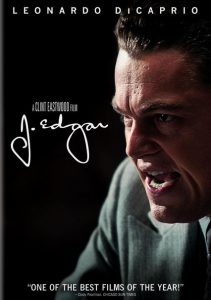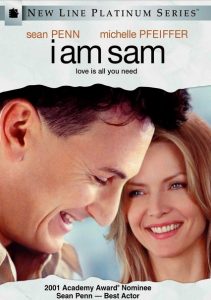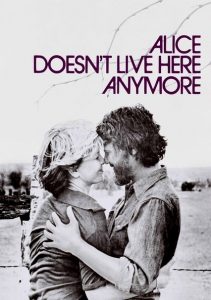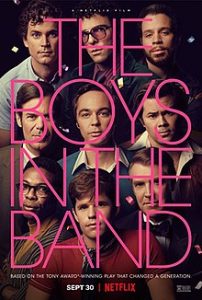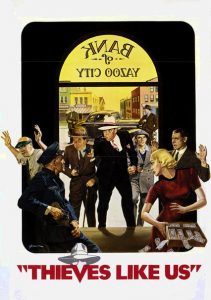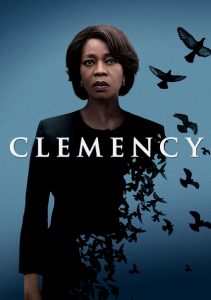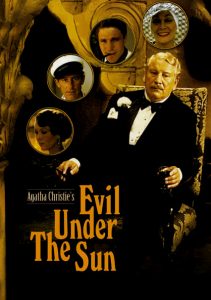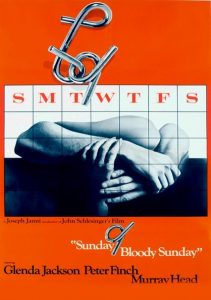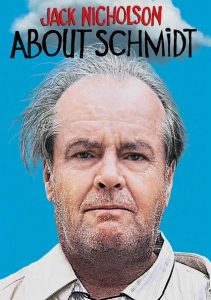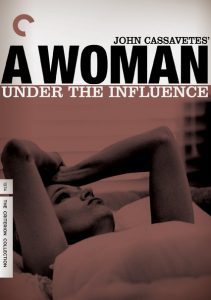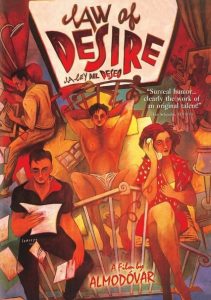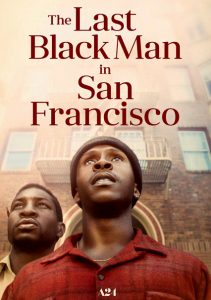Ma Mère-2005
Director Christophe Honoré
Starring Isabelle Huppert, Louis Garrel
Scott’s Review #1,103
Reviewed January 21, 2021
Grade: A
Brilliant French film actress, Isabelle Huppert, turns in another outstanding performance in Ma Mère (2005).
The film is a daring and sometimes shocking experience met with mostly derision from many fans and critics. The subject matter is hard for the weak of heart to take or understand, or maybe even put up with.
The taboo nature of incest is what the film is about but also the dark and far reaches of the human psyche and emotion. A heavy and ingenious film for where the filmmakers dare to go.
I found it brilliant.
Fun fact– Ma Mère was rated NC-17 when it was released in the United States. The reason was “strong and aberrant sexual content”. Despite the sexual fetishism, there is NO drug use.
Huppert plays a recently widowed and sexually adventurous woman named Hélène. She is visited by her young and restless son, Pierre (Garrel) just before his father’s death when he plans to reside with his parents on their lavish island villa.
Instead of mourning the loss of her husband, Hélène boasts about her infidelities to Pierre as he copes by masturbating to and then urinating on his father’s pornographic magazines.
Ma Mère is not a happy film but quite intriguing. Of course, the film is French which automatically gives it a sense of style and sophistication which writer/director Christophe Honoré dazzles the audience with.
If the film were American it would not work at all. The characters need to be European.
An intense attraction develops between mother and son when Pierre struts around the villa naked and broods. Instead of acting on her impulses, Hélène encourages her uninhibited sex partner Réa (Joana Preiss) to have sex with Pierre.
They do so at a popular shopping and nightlife complex. Hélène looks on longingly as the partially clothed couple makes love with passersby raising no objections.
Hélène appears to be turned on.
Things get stranger when afterward, Hélène includes her son in an orgy with her friends. After the orgy, Hélène decides that she must leave her son to travel. While saying goodbye to Pierre, she implies that something taboo has happened between them and that she must leave to prevent it from happening again.
We are left unsure of what she means.
Hélène’s motivations are unclear or is she simply a good poker player? Does she feel bad about her attraction to her son or does she secretly revel in it?
There is a ton of masturbation and jealousy in this film. There is also a hefty dose of sadomasochism and such talk. It’s for the extremely adult viewer.
Ma Mere leaves the viewer to ponder many questions throughout the running time. Is Hélène a lesbian or just sexually promiscuous? What is the back story with her husband? Do they happily cheat on each other or what is their arrangement?
I completely get why people wouldn’t be enamored with Ma Mère. It’s a tough watch though I laughingly find myself wondering if those skeptics are mostly prudes.
I found myself absorbed by the machinations of the characters, especially Pierre and Hélène, and chomping at the bit to figure out what would eventually happen to the characters.
Spoiler alert- the film does not end happily.
A criticism hurled at Ma Mère is that why we should care about the characters. There is nobody to root for. While mother and child partake in orgies and other sexual dalliances, it’s not as if Hélène exactly takes advantage of the boy, nor is he especially likable.
I deem the film fascinating.
For a weird trip inside the minds of sexual deviants and those who love the joy of sex and sexuality, Ma Mère (2005) is a delightful experience.
It’s also creepy shit.
The ending is dire and dreary and will make the viewer think long after the film ends. And that is what provocative films do. And so do great films.
Anyone who thinks they have a mommy complex will soon be cured.
Isabelle Huppert does it again.


